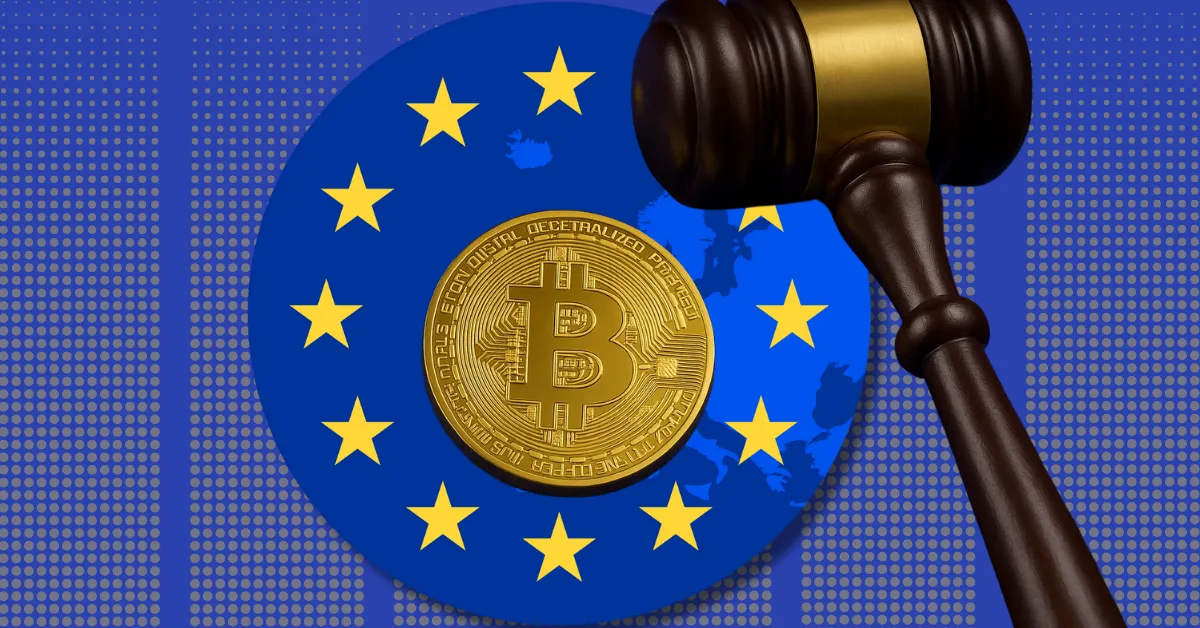
France is considering blocking some crypto firms licensed in other EU countries from operating domestically. This move comes as several countries debate whether the bloc’s central securities regulator should take a greater role in overseeing crypto companies.
MiCA, the EU’s recently implemented digital asset regulation, allows crypto firms to secure a licence in one member state and operate across all 27 EU countries. However, it has exposed inconsistencies, including rushed license approvals and cross-border firms not closely monitored.
According to a report from Reuters, the country’s financial watchdog, the AMF, is worried that under the new EU rules, crypto companies are choosing countries with lenient licensing standards.
France has now joined Italy and Austria in urging the European Securities and Markets Authority (ESMA) to directly oversee major crypto firms.
The AMF warned that it might challenge the EU’s “passporting” system, which lets a company licensed in one country operate across the entire EU.
“We do not exclude the possibility of refusing the EU passport. It’s very complex legally and not a very good signal for the single market – it’s a bit like the ‘atomic weapon’ but it’s still a possibility we hold in reserve,” AMF President, Marie-Anne Barbat-Layani said.
The three watchdogs said that in the first few months of the new rules, national authorities have been supervising crypto markets very differently. They argue that direct EU supervision would better protect investors and are also pushing for stricter rules for crypto activity outside the EU, stronger cybersecurity, and closer oversight of new token offerings.
Earlier this year, Malta faced scrutiny after an ESMA review found it had not fully assessed risks when licensing a crypto firm. However, it defended its role as an “early adopter” of digital asset rules.
In a latest update, Malta’s financial watchdog pushed back against giving ESMA more centralized authority over crypto firms.
Malta’s financial regulator, the MFSA, said that it supports ESMA’s efforts to align how EU countries supervise crypto firms, but it does not agree with fully centralizing control. It warned that centralization at this stage could increase bureaucracy and reduce efficiency, at a time when the EU is trying to boost its competitiveness.
Crypto markets remain fragile, but a potential regulatory breakthrough in the United States may change…
Amid broader market headwinds and persistent volatility across crypto, bold bullish calls are becoming rare.…
Crypto market could see bullish upside as the proposed U.S. crypto market structure bill, known…
March 2, 2026 07:44:15 UTC Gold Price Today Surge to $5,400 Gold prices have jumped…
Former FTX CEO Sam Bankman-Fried (SBF) has sparked debate after praising Donald Trump’s foreign policy…
XRP trading activity has surged on Bitrue, with spot purchase volumes rising 212% and outpacing…